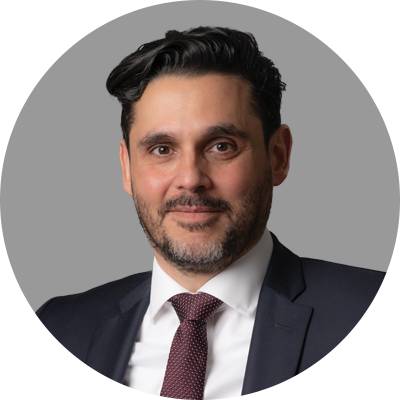France’s Updated Habitual Residence Criteria: Implications for Residence Permit Holders
October 18, 2024
By: Clémence Theron, Azela Hadia
The concept of “habitual residence” in France has been recently defined by a new immigration law enacted on 26 January 2024, which introduced important changes to the criteria for obtaining and renewing French residence permits.
This blog examines the implications of this reform, the necessary conditions and the groups of individuals affected by this new, key factor of habitual residence.
Habitual residence: A pre-existing notion
The notion of habitual residence is not new. Such a requirement is provided by the Civil Code (Article 21-17) for citizenship applications, or the Labour Code (art. L 3261-2) for the coverage of the employee’s public transport costs. It also overlaps with the concept of tax residency.
However, until now, no clear definition was outlined, and the interpretation of habitual residence mainly derived from European and French caselaw.
From an immigration standpoint, only three categories of foreign nationals were required to demonstrate habitual residence, including:
-
-
- minors who had entered France prior to the age of 13;
- individuals seeking permits on medical grounds; and
- those who had resided in the country illegally for more than years and sought regularisation.
-
Until now, the concept only covered the “physical” presence in France, to be proven by any relevant document or evidence. It had to be demonstrated when applying for the first time and when renewing these temporary or multi-annual residence permits.
In contrast, holders of other types of residence permits were not required to demonstrate their habitual residence in France when applying for renewal of their status.
New definition and implications
The law enacted on in January introduced a new legal definition of habitual residence. According to the Code of Entry and Stay of Foreigners and the Right of Asylum (CESEDA), foreign nationals may have their residence permit renewal denied if they cannot prove their habitual residence in France. This stricter requirement also applies to individuals who were not previously affected.
The legal definition outlined by article L 433-3-1 of CESEDA is two-fold:
-
-
- The foreign national must have transferred the “centre” of their private and family interests to France (i.e., a person whose spouse or children reside abroad may not be considered habitually residing in France).
- The foreign national must demonstrate having resided effectively in France for at least six months per year during the three years preceding the submission of the application. For those renewing a permit of less than three years, continuous residence in France throughout the validity period of the permit is now required.
-
Exempted categories
Pursuant to articles L. 432-2 and L. 432-3 of CESED, certain categories of individuals are exempt from this new requirement, including:
-
-
- Holders of “Talents” and “Talents - Family members” multi-year residence permits;
- Seasonal workers;
- Students in mobility programs; and
- Beneficiaries of international protection.
-
Practical consequences
Unless falling under one of the exemptions, more foreign nationals are now required to provide evidence of effective residence and physical presence in France for a set period of time when renewing certain categories of residence permits.
This stricter requirement may impact long-term residents who, for various reasons (professional, family, medical or otherwise) are unable to prove the continuity of their habitual residence in France for the period set by the recent law.
This could result in limitations on their rights, including the right to work in France, and more administrative hurdles when renewing a multi-year or residency card for applicants and their families.
Need to know more?
The definition of habitual residence in France introduces stricter criteria for the renewal of many residence permits. It is essential for impacted individuals to understand and anticipate these new rules thoroughly to prepare their residence permit renewal applications accordingly.
For questions related to this subject, please contact Supervisor Clémence Theron at [email protected].
This blog was published on 18 October 2024, and due to the circumstances, there are frequent changes. To keep up to date with all the latest updates on global immigration, please subscribe to our alerts and follow us on LinkedIn, X, Facebook and Instagram.















